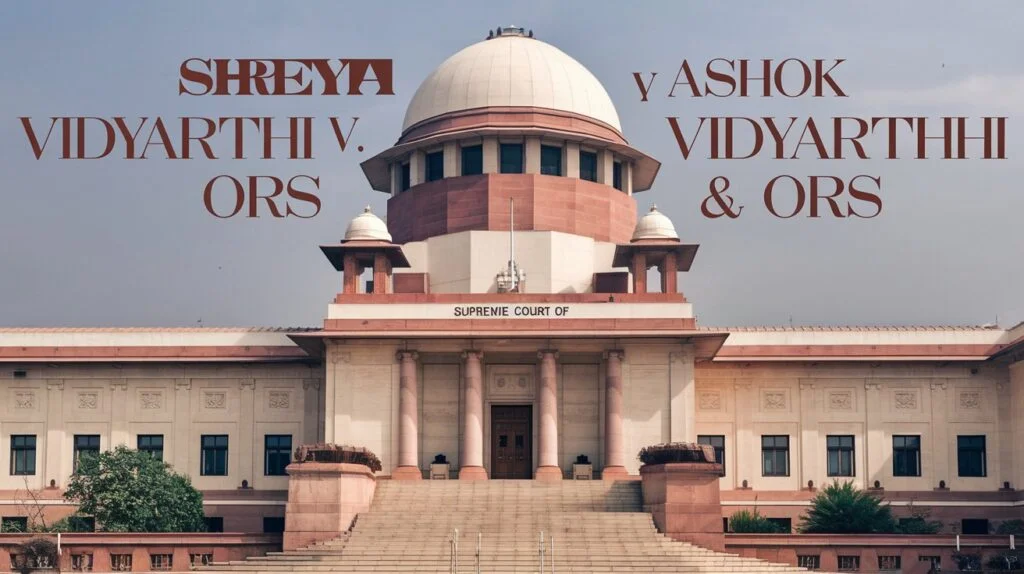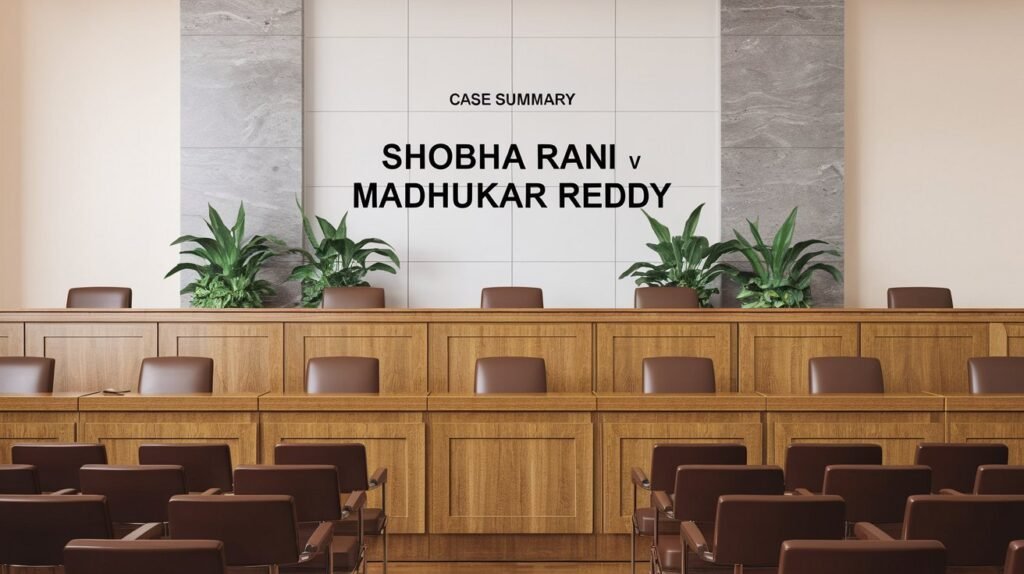Khazan Singh v. Union of India AIR 1980 Del 60 (Case Summary)

In a landmark case that delves into the intricate relationship between adoption and caste status in India. The case of Khazan Singh v. Union of India and Others explores the complex interplay between personal law, constitutional provisions, and social realities in modern India.
Table of Contents
ToggleFacts of Khazan Singh v Union of India
- Sri Khazan Singh, a Jat by caste, claims to have been adopted by Kishan Lal, a Julaha (Kabirpanthi) by caste. Singh’s natural father and adoptive father had been doing dairy business in partnership since 1947.
- Singh was one of four sons of his natural father, and the adoptive parents had no children of their own.
- In December 1970, Singh applied for and was granted a Scheduled Caste certificate.
- However, in April 1976, the certificate was canceled on the grounds that the adoption was not valid under the Hindu Adoptions and Maintenance Act, 1956.
Issues framed
- Whether the adoption of Singh was valid under the provisions of the Hindu Adoptions and Maintenance Act, 1956?
- Can caste identity change through adoption?
- Whether Singh is entitled to have a Scheduled Caste Certificate?
Judgment of Khazan Singh v Union of India
The Supreme court examined the provisions of the Hindu Adoptions and Maintenance Act, 1956.
The Supreme court held that the adoption of Singh was valid under the provisions of the Hindu Adoptions and Maintenance Act, 1956. The court also held that a person can change their caste through a valid adoption. The court further concluded that Singh is entitled to have a Scheduled Caste Certificate in his favor. The court found that the order canceling the certificate granted to Singh was not valid and quashed the order.
The Supreme court held that the certificate granted to Singh was not liable to be canceled on the ground that his claim to be a Scheduled Caste by adoption was unsustainable. The court quashed the order canceling the certificate and allowed the writ petition.





